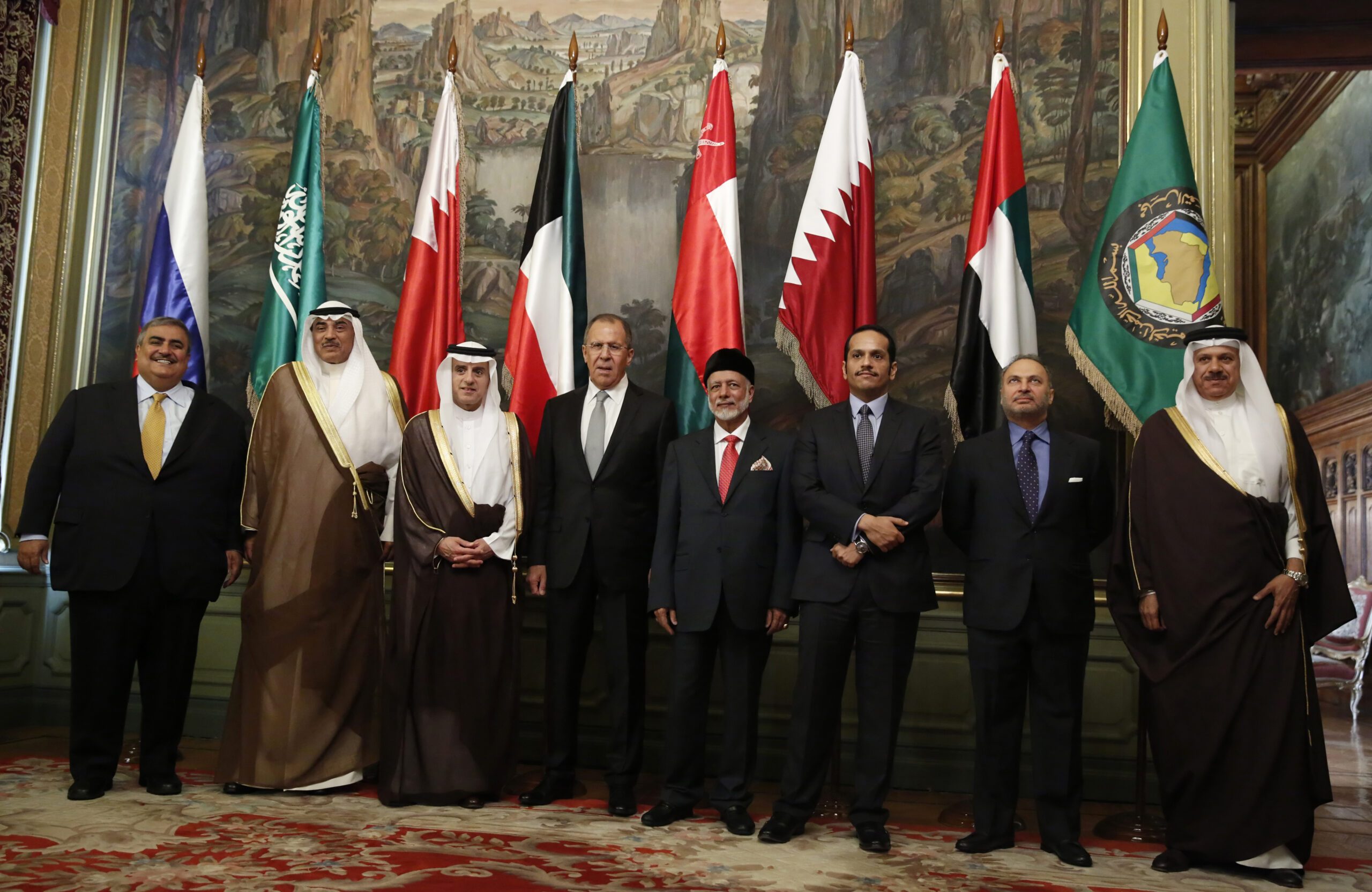SUMMARY
This is AI generated summarization, which may have errors. For context, always refer to the full article.

DUBAI, United Arab Emirates – The International Monetary Fund on Wednesday, June 8, welcomed austerity measures by Middle Eastern oil exporters but warned that greater efforts were needed to plug budget deficits resulting from plunging crude prices.
The IMF said the 6 Gulf Cooperation Council (GCC) countries, along with Algeria, were implementing “ambitious fiscal consolidation measures” but predicted that shortfalls would continue to grow amid cheap oil.
“An additional substantial deficit reduction effort is required over the medium term to preserve fiscal sustainability,” it said in a report.
For GCC states – Bahrain, Kuwait, Oman, Qatar, Saudi Arabia, and the United Arab Emirates – further measures are also necessary to protect their currencies’ peg to the dollar, it added.
The IMF warned policymakers of “emerging signs of liquidity pressures in their financial systems and the risk of deteriorating asset quality.
“Deep structural reforms are necessary to improve medium-term prospects and facilitate much-needed diversification in order to create jobs for the growing labor force,” it said.
The value of oil and natural gas exports in the GCC and Algeria is projected to fall by almost $450 billion this year compared to 2014, according to the Fund.
It projected unemployment in those countries would rise by 1.3 million by 2021, and that their combined budget shortfalls would hit $900 billion in that time.
In 2015 alone, the IMF estimated that GCC countries lost oil revenue worth $300 billion.
To balance their budgets, the GCC and Algeria would need to cut current public spending by about a third, it said.
Gulf countries have had to look elsewhere for revenue sources, and are introducing new forms of taxation, mainly value-added tax (VAT), in a bid to generate income.
After using part of their huge fiscal reserves, estimated at $2.5 trillion, to absorb the oil price shock, most GCC countries have cut spending and have borrowed to meet rising deficits, the IMF said.
Although budget shortfalls will hit an average of 13% of gross domestic product (GDP) this year, the Fund said that Algeria and GCC members are not currently threatened with recession.
Overall government debt is projected to increase from 13% of GDP last year to about 45% by 2021, it added. – Rappler.com
Add a comment
How does this make you feel?





There are no comments yet. Add your comment to start the conversation.